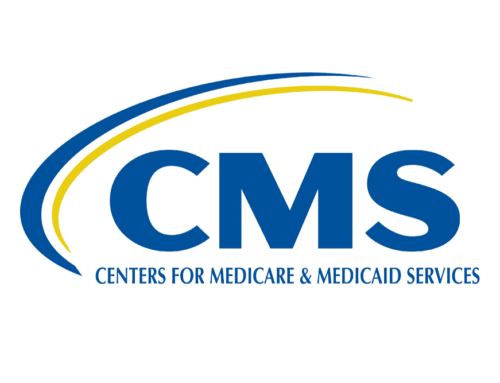CENTER UPDATE | February 2022
In this Issue:
- Register Now – 2023 Virtual V-BID Summit
- Racial And Ethnic Disparities Among Medicare Beneficiaries
- Financing Health Care System Interventions Addressing Social Risks
- USofCare Report Encourages States to Advance Equity Through Health Coverage
- New Proposed Rules to Expand Access to Birth Control Coverage Under the ACA
- Insulin Affordability and the Inflation Reduction Act

Wednesday, March 8, 2023 | 12 - 4pm EST
Join leaders from across the health care spectrum to discuss today’s most relevant and challenging health care topics, including strategies to accelerate health equity, implications of overturning the ACA preventive care mandate, opportunities and challenges of reducing low-value care, and advances in policies to enhance affordability and reduce medical debt.
Click below to access the program agenda, learn about the speakers, and register for this no-cost event!

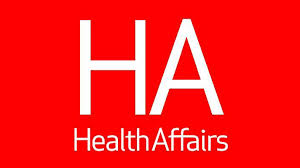
Coverage Parity and Racial and Ethnic Disparities in Mental Health and Substance Use Care Among Medicare Beneficiaries
Despite a 30% reduction in cost-sharing for outpatient mental health and substance use disorders (MHSUD) for all Medicare beneficiaries, new research shows that White enrollees benefited the most from this change. White beneficiaries had an increased likelihood of having specialty MHSUD visits and medication use, as well as a reduced likelihood of having unmonitored MHSUD medication use and MHSUD emergency department visits and hospitalizations; Black, Hispanic, Asian, and American Indian/Alaska Native beneficiaries experienced smaller or no gains in MHSUD service use.
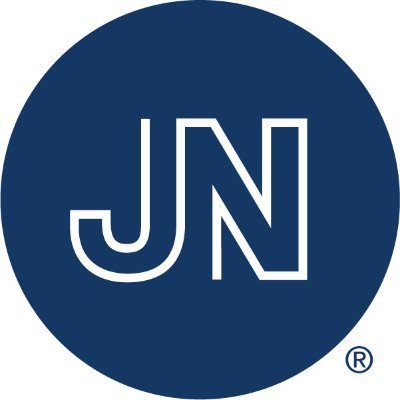
Financing Health Care System Interventions Addressing Social Risks
A recent JAMA Viewpoint discusses the importance of providing and paying for interventions that address social risks that worsen health, health care utilization, and health care costs. Authors suggest that the benefit of involving health care organizations in such interventions varies across patient conditions, type of healthcare organization, and local social and health care contexts. Additionally, health care organizations must have genuine partnerships with community stakeholders and incorporate patient and community voices in order for these interventions to work.
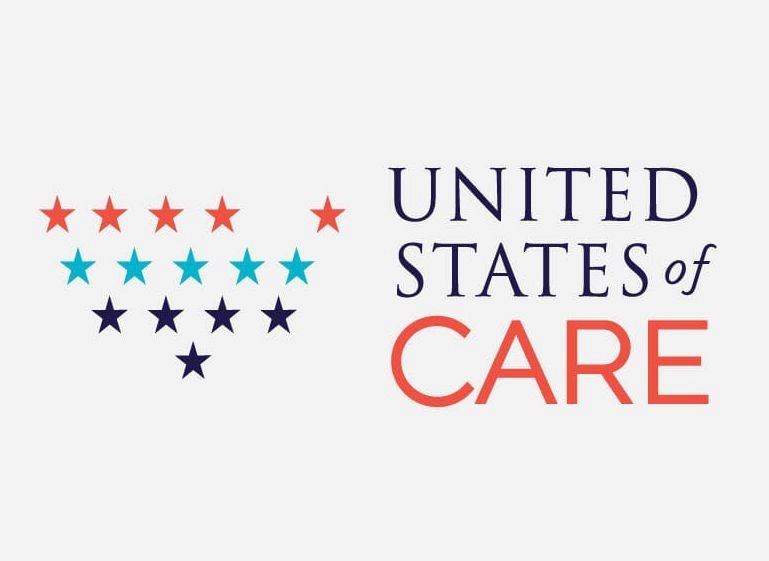
USofCare Report Encourages States to Advance Equity Through Health Coverage
United States of Care report, “Advancing Equity Through Health Coverage”, recommends a checklist of 12 core policies that States can adopt to address health disparities and improve health equity for their states’ unique needs, populations, and insurance markets:
- Engage diverse community stakeholders
- Make coverage and care more affordable
- Ensure access to essential community providers
- Train providers to be culturally responsive
- Ensure accessible communication with providers and health insurance plans
- Collect enrollee and provider data
- Improve health outcomes for enrollees
- Improve information about in-network providers
- Address bias in clinical algorithms and tools
- Require health equity accreditation for health insurance plans

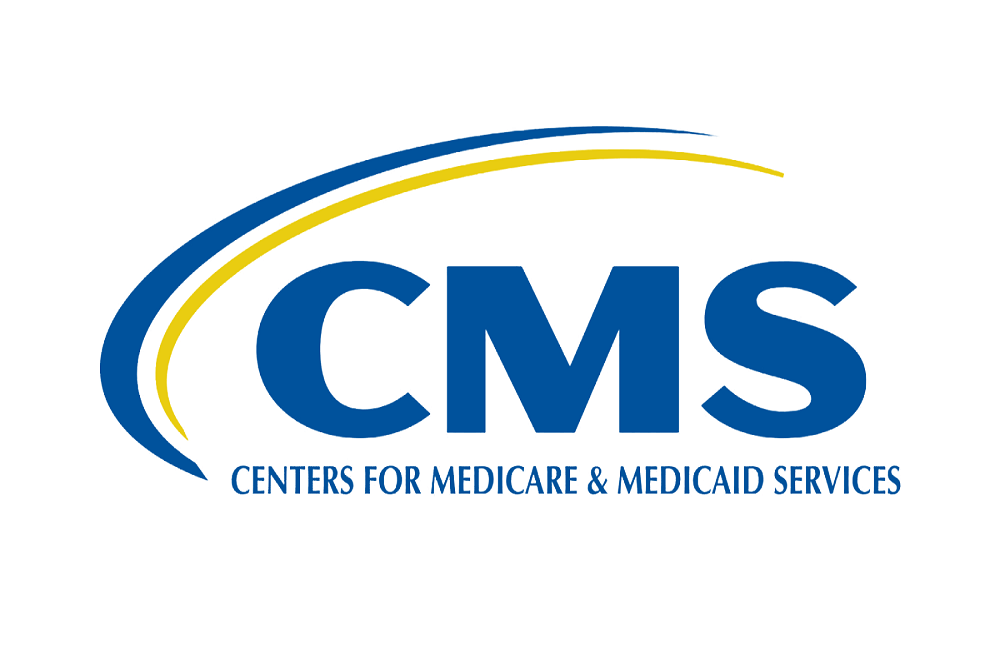
Biden-Harris Administration Proposes New Rules to Expand Access to Birth Control Coverage Under the Affordable Care Act
The U.S. Department of Health and Human Services and the Departments of Labor and the Treasury have proposed a rule that would remove 2018 final regulations that expanded the ability of private insurers to exclude contraceptive coverage based on religious beliefs and moral convictions. If finalized, this rule would expand and strengthen access to no-cost birth control and contraceptive counseling for all women.


Insulin Affordability and the Inflation Reduction Act: Medicare Beneficiary Savings by State and Demographics
ASPE reports that an estimated 1.5 million Medicare beneficiaries would have benefited from the new IRA insulin cost-sharing limits if they had been in effect in 2020, with savings to those beneficiaries of about $734 million in Part D and $27 million in Part B – or approximately $500 in average annual savings per person among those benefiting from the provision.

Gallup Poll: 58 Million Adults Report Inability to Pay for Needed Drugs in Past Year
A new study shows that 58 million Americans were unable to pay for needed drugs in the past year, and 34 million people report knowing of at least one friend or family member in the past five years who died after not getting treatment due to cost. Nonwhites, those in lower-income households, those younger than 45, and political independents and Democrats are more likely to know someone who has died under these circumstances.
Please Help Support the V-BID Center
As we near the end of 2022, we recognize our accomplishments over the past year and look ahead to all we can achieve at the University of Michigan Center for Value-Based Insurance Design. Generosity from collaborators and friends like you allows us to remain focused on equity enhancing programs that improve access and affordability to essential clinical services
You will play an essential role in the future success of the V-BID Center by making a gift today. Thank you for your support.




